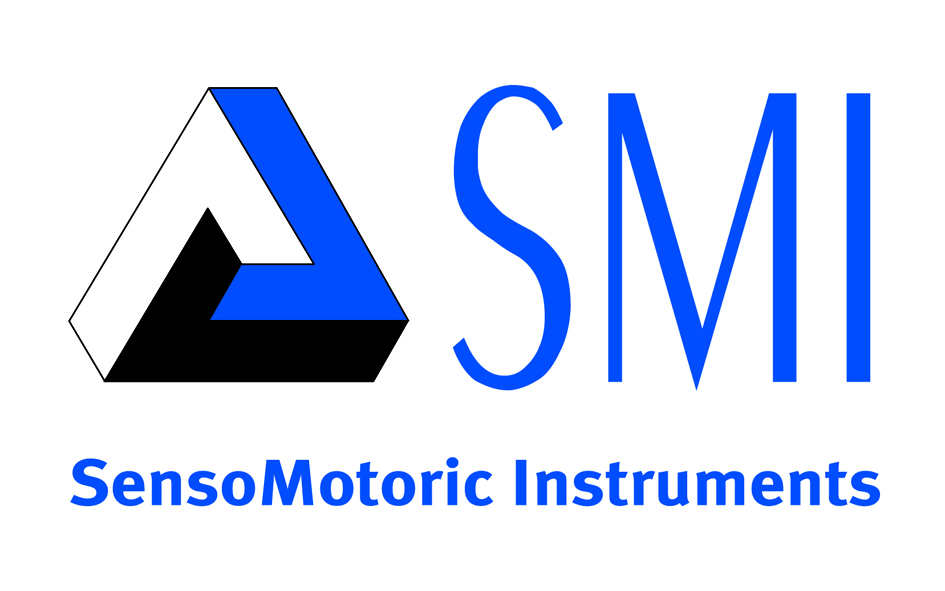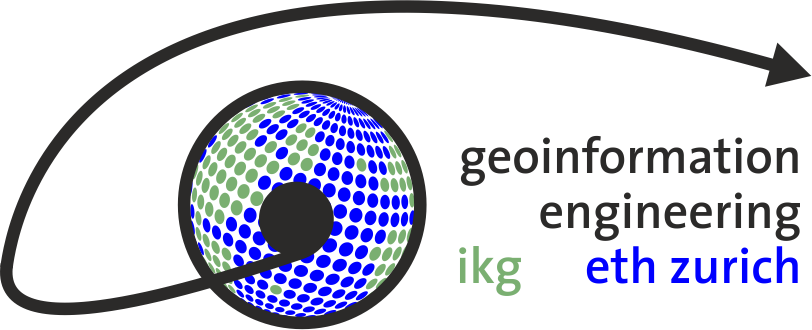Keynote Speaker
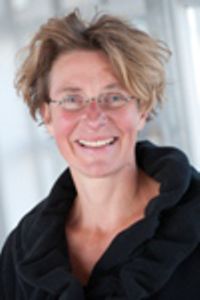
Anke Huckauf is a chair of General Psychology at Ulm University, Germany. She did her PhD on crowding effects in peripheral vision in 1996. After working at the universities of Gdansk, Poland, CNRS Marseille, France, Weimar, Germany, Anke Huckauf did her habilitation degree at the University of Erlangen-Nürnberg, Germany. Her research is concerned back-to-back with basic and applied perception and with gaze and pupil control. Currently, the focus is on the eye as central body-part which changes in order to perceive and which in turn encounters changes due to perception. In the lecture, I will point out effects of emotion and arousal on perception as well as on pupil dilation and, in several other studies, on the perception of time and on depth with varying pupil sizes. Critical arguments concerning pros and cons of the usage, the usefulness, and the usability of adaptive user interfaces based on fixations and pupil dilations will be discussed.
Lecturers

Andrew Duchowski is a professor of Computer Science at Clemson University. He received his baccalaureate (1990) from Simon Fraser University, Burnaby, Canada, and doctorate (1997) from Texas A&M University, College Station, TX, both in Computer Science. His research and teaching interests include visual attention and perception, eye tracking, computer vision, and computer graphics. He joined the School of Computing faculty at Clemson in January, 1998. He is a noted research leader in the field of eye tracking, having produced a corpus of papers and a textbook related to eye tracking research, and delivered courses and seminars on the subject at international conferences. He developed and maintains the eye tracking laboratory at Clemson University, and teaches a regular course on eye tracking methodology attracting students from a variety of disciplines across campus. → Abstract Andrew Duchowski

I. Scott MacKenzie's research is in human-computer interaction with an emphasis on human performance measurement and modeling, experimental methods and evaluation, interaction devices and techniques, text entry, touch-based input, language modeling, and mobile computing. He has more than 160 peer-reviewed publications in the field of Human-Computer Interaction (including more than 30 from the ACM's annual SIGCHI conference) and has given numerous invited talks over the past 20 years. Since 1999, he has been Associate Professor of Computer Science and Engineering at York University, Canada. → Abstract Scott MacKenzie
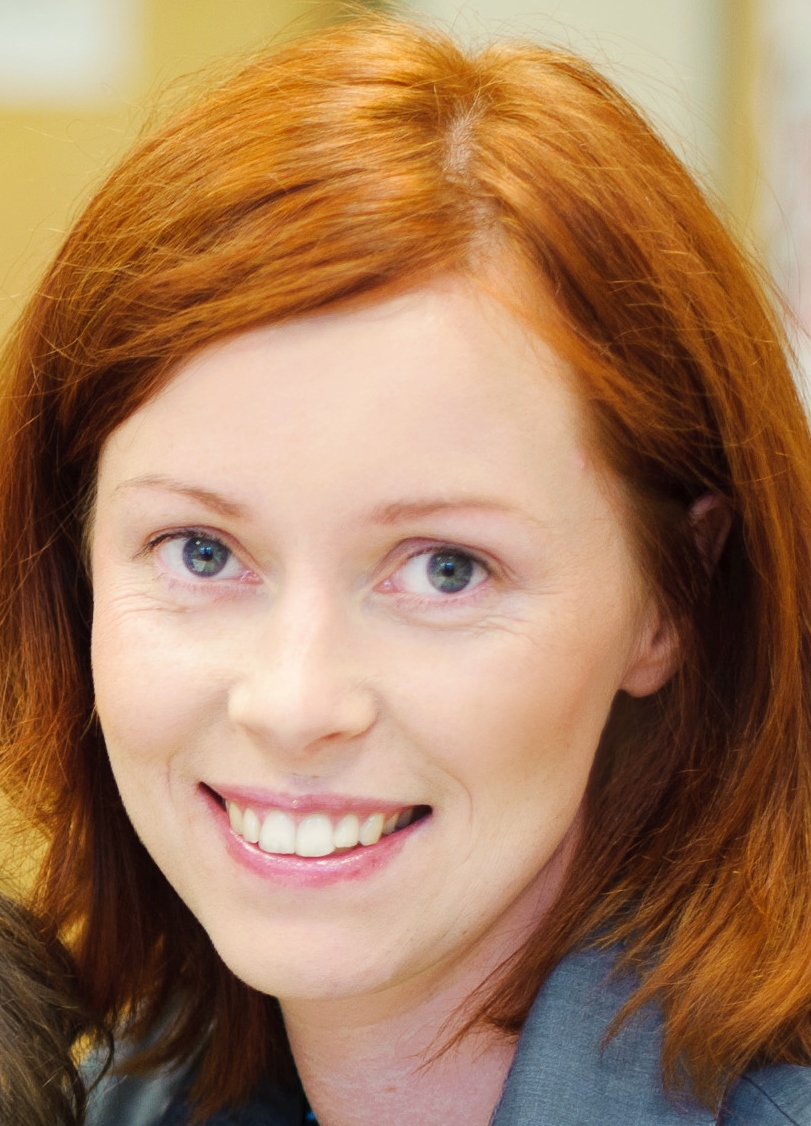
Izabela Krejtz is an associate professor of Interdisciplinary Center for Applied Cognitive Studies at University of Social Sciences and Humanities Computer Science, Warsaw, Poland. She received her MA (1998) from Warsaw University, and doctorate (2002) from Institute of Psychology, Polish Academy of Sciences, both in Psychology. She gives lectures and workshops on applications of eye tracking in psychology, methodology and statistics. Her research interests circle around the field of eye tracking and positive psychology. Her applied work focuses on eye-movements studies in perception of audiovisual material and emotions regulation. She is a cofounder of Eye tracking Research Center at University of Social Sciences and Humanities Computer Science. → Abstract Izabela and Krzysztof Krejtz
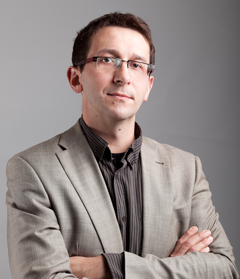
Krzysztof Krejtz (PhD, social and cognitive psychologist). Assistant professor at Department of Psychology, University of Social Science and Humanities and the head of Interactive Technologies Laboratory at National Information Processing Institute, Warsaw, Poland. He is a founder and leader of Eye Tracking Research Center at University of Social Sciences and Humanities. His research interests include visual attention, eye-tracking methodology, Human-Computer Interaction, psychological and social aspects of internet, and social science methodology. Author of publications in the field of eye tracking methodology, statistics and applications in the context of new media and education. He is teaching statistics and methodology as well as social aspects of new media and eye tracking methodology courses. He is a member of Association of Computing Machinery (ACM) and Polish Social Psychology Association. → Abstract Izabela and Krzysztof Krejtz





